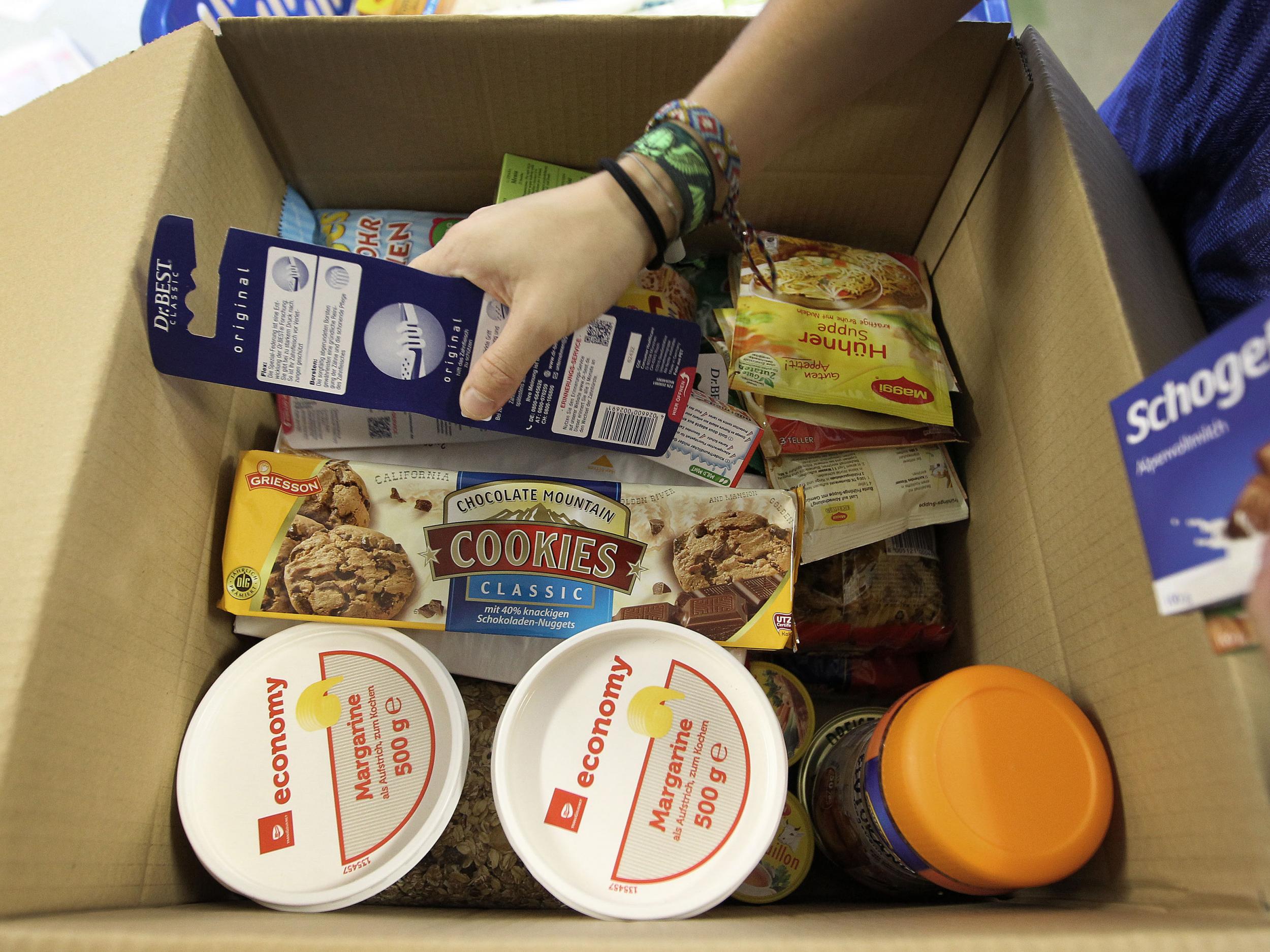Muslims in Germany twice as likely as Christians to help refugees, finds survey
But on average volunteers who are not religious said they donate the most time

Your support helps us to tell the story
From reproductive rights to climate change to Big Tech, The Independent is on the ground when the story is developing. Whether it's investigating the financials of Elon Musk's pro-Trump PAC or producing our latest documentary, 'The A Word', which shines a light on the American women fighting for reproductive rights, we know how important it is to parse out the facts from the messaging.
At such a critical moment in US history, we need reporters on the ground. Your donation allows us to keep sending journalists to speak to both sides of the story.
The Independent is trusted by Americans across the entire political spectrum. And unlike many other quality news outlets, we choose not to lock Americans out of our reporting and analysis with paywalls. We believe quality journalism should be available to everyone, paid for by those who can afford it.
Your support makes all the difference.Muslims living in Germany are twice as likely as Christians to say they have helped refugees, a new survey has found, but volunteers who are not religious give up the most time on average.
The research by the Bertelsmann Stiftung foundation showed that followers of Islam were more socially engaged than any other group, with 44 per cent reporting they had worked to help refugees in the last year.
About one in five Christians (21 per cent) also said they had helped refugees, while 17 per cent of non religious respondents had volunteered.
In total, one-fifth of Germans said they had donated time to assist refugees.
“This voluntary involvement shows that our society sticks together in difficult times, regardless of religion or backgrounds,” said Bertelsmann Islam expert Yasemin El-Menouar in a statement.
The survey was the third of its kind by the non-profit, analysing the role of religion in society.
In 2015, Germany “opened its doors” to refugees, leading 1.1 million asylum seekers to arrive in the country, many from Syria. About 900,000 have been give refugee status.
But Angela Merkel has come under intense criticism for the policy after radicalised asylum seekers carried out three terror attacks claimed by Isis in the country.
In September 2016, the Chancellor admitted she had lost control of the situation and said she wished she could turn back the clock several decades in order to better prepare for the influx of refugees.
“For some time, we didn't have enough control,” Ms Merkel said in a speech. “No one wants a repeat of last year's situation, including me.”
Bertelsmann experts said that one reason why Muslims are more engaged than other religious groups could be due to their sense of shared origins: many who volunteer came from the same country as the refugees they helped, such as Afghanistan, Pakistan, or Bangladesh.
The experts noted that German Muslims can be "important bridge-builders in our society" because they often share language and culture with refugees.
Around 28 per cent of Muslims who helped refugees said they volunteered about once a week, compared to 20 per cent of Christians.
Of unaffiliated respondents who said they had helped refugees, more than a third reported doing so at least once a week.
Women were more likely to volunteer than men, and people with a higher level of education or more money were also more likely to have helped refugees.
Join our commenting forum
Join thought-provoking conversations, follow other Independent readers and see their replies
Comments